Mobilizing Ideas 2024 | Webdesign: Dominik Ortelt | Privacy Policy
If all your activities were free from unnecessary efforts, how much more time could you then spend on your products, your projects, your business, yourself, and with your family?
Let’s equip you with next-gen skills essential to tackle the emerging and complex challenges of the 21st century.
Approach your desired future with contemporary means from social-systemic organisational development and complexity research.

